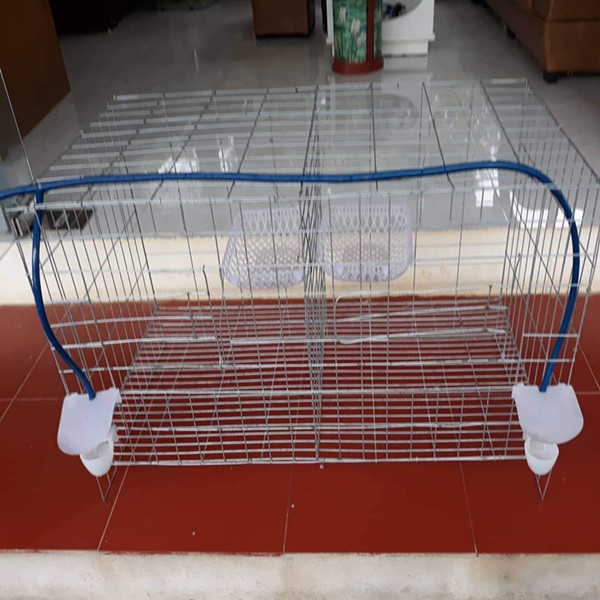Piglets have a high demand for essential vitamins, especially in the early stages of life. However, breast milk alone may not provide sufficient levels of certain vitamins, making supplementation crucial to prevent deficiencies. For example, a lack of vitamin A can lead to serious health issues such as head and back swelling, diarrhea, dry skin, poor vision, neurological problems, difficulty walking, secondary hepatitis, and even death in severe cases. Vitamin D3 deficiency can disrupt calcium and phosphorus metabolism, leading to impaired bone development, poor mineral absorption, and slower growth. When pigs are deficient in vitamin E, they may suffer from muscle disorders, white muscle disease, anemia, heart failure, paralysis, or even sudden death. Vitamin K deficiency can cause internal and external bleeding, while B-vitamin deficiencies can result in stunted growth and developmental delays.
Vitamins play a vital role in maintaining overall health, supporting the immune system, and helping pigs cope with stress. Providing adequate vitamins from birth can significantly improve growth performance, enhance immunity, reduce illness, and promote better coat condition and overall quality. It also helps piglets adapt more easily to environmental changes and challenges.
The digestive system of newborn pigs is still underdeveloped, making them highly susceptible to stress, allergies, and nutritional imbalances. Water-soluble vitamins, such as those found in powdered multi-vitamin supplements, are not always efficiently absorbed and can sometimes cause diarrhea. Fat-soluble vitamins like A, D, E, and K are not water-soluble, which further complicates their absorption. To ensure effective delivery, it’s important to use a hydration-coated liquid formulation that supports better absorption. For instance, administering 1 ml of a vitamin solution mixed with 20 ml of 5% glucose solution daily for 5 to 7 days can help replenish essential nutrients and boost the non-specific immune response, improving the pig's ability to fight off viruses and manage stress effectively.
Metal Cage
Metal cage's other name is animal cage, and then it is including : bird cage, cat cage, rabbit cage, rabbit cage, etc.
The material of metal cage: stainless steel, thin low carbon steel, aluminum alloy. And the surface treatment : hot dipped galvanized, electro-chemical, powder coated, painted, colored zinc, can also as per customer's requirment to produce or surface treatment.
Advantages of metal cage:
beautiful and novel shape
precise manufacture
top quality materials

Metal Cage,Small Metal Cage,Heavy Duty Metal Cage,Metal Cage Material,Stainless Steel Cage,Welded Metal Cage,Animal Cage
ANPING COUNTY SHANGCHEN WIREMESH PRODUCTS CO.,LTD , https://www.scwiremesh.com